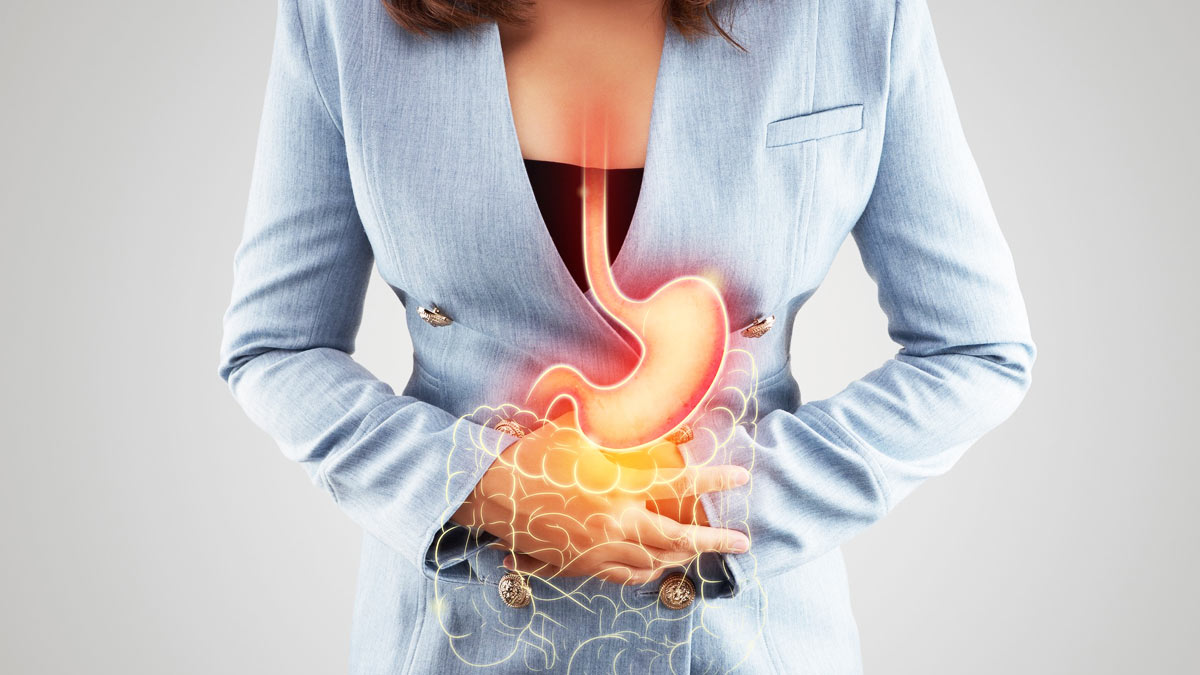
Constipation occurs when bowel movements in the body become less frequent and it gets difficult for stool to pass. The most common reason why constipation happens is due to changes in diet, routine disruption, or inadequate intake of fibre. Constipation can also lead to severe pain, blood in your stools, or an increased duration of the ailment as much as two weeks or more. The way a person can find if these symptoms cater to be associated with constipation is when:
Table of Content:-
- The stool is dry and hard
- The feeling that the bowels are not completely emptied
- Extreme pain in bowel movements
Causes of Constipation
There can be many reasons why a person may be struggling with their bowel movements. It can be due to lifestyle choices, certain medical conditions, medications, or pregnancy. Constipation during pregnancy is a very common health problem. The lifestyle problems that can cause constipation may include:
- Intake of low in fibre food items
- Minimal to zero physical exertion
- Consuming large amounts of milk and/or cheese
- Excessive stress
- Not drinking enough water
- Controlling the bowel movement frequently and for a long time
- Irregular routine
Home remedies to treat constipation
1. Hydrate
Being dehydrated frequently and for longer duration tends to make a person constipated. Therefore, in order to prevent this, it is important to drink enough water and stay hydrated. In addition, a study also found that sparkling water can be more effective than regular or tap water when it comes to relieving constipation.
Also read: Study Finds Older People With Insomnia More Likely To Develop Memory Decline

2. Exercise regularly
Sedentary lifestyles is the most common cause behind an increased risk of constipation. Exercise on the other hand, greatly helps in improving things. Hence, try doing some gentle exercise including regular walks, swimming, cycling, jogging, or even dancing.
3. Caffeinated drinks
Coffee contains small amounts of soluble fibres that help in preventing constipation and its symptoms by improving the balance of the gut bacteria. Coffee also has bowel stimulating properties, which also makes the digestion process easier.
4. Probiotic supplements
Probiotics help in preventing chronic constipation. They are live, beneficial bacteria that naturally occur in the gut. According to a 2019 review, taking probiotics for 2 weeks can help in treating constipation, thereby increasing stool frequency and consistency. Prebiotic foods include:
- Yogurt
- Banana
- Fermented cheese
- Kombucha
5. Eat fibre rich food
The doctors suggest that eating a fibre rich diet is the one of the finest ways of treating constipation. Fibre helps in increasing the bulk and consistency of bowel movements, therefore making it easier to pass. It also helps it pass through the digestive system more quickly and easily.
Also watch this video
How we keep this article up to date:
We work with experts and keep a close eye on the latest in health and wellness. Whenever there is a new research or helpful information, we update our articles with accurate and useful advice.
Current Version